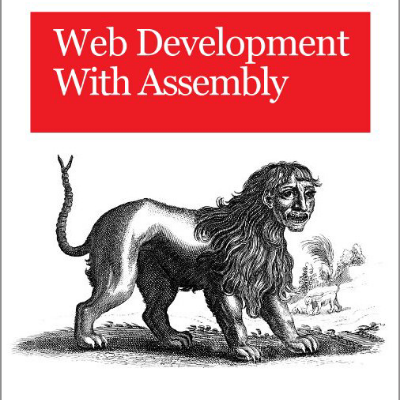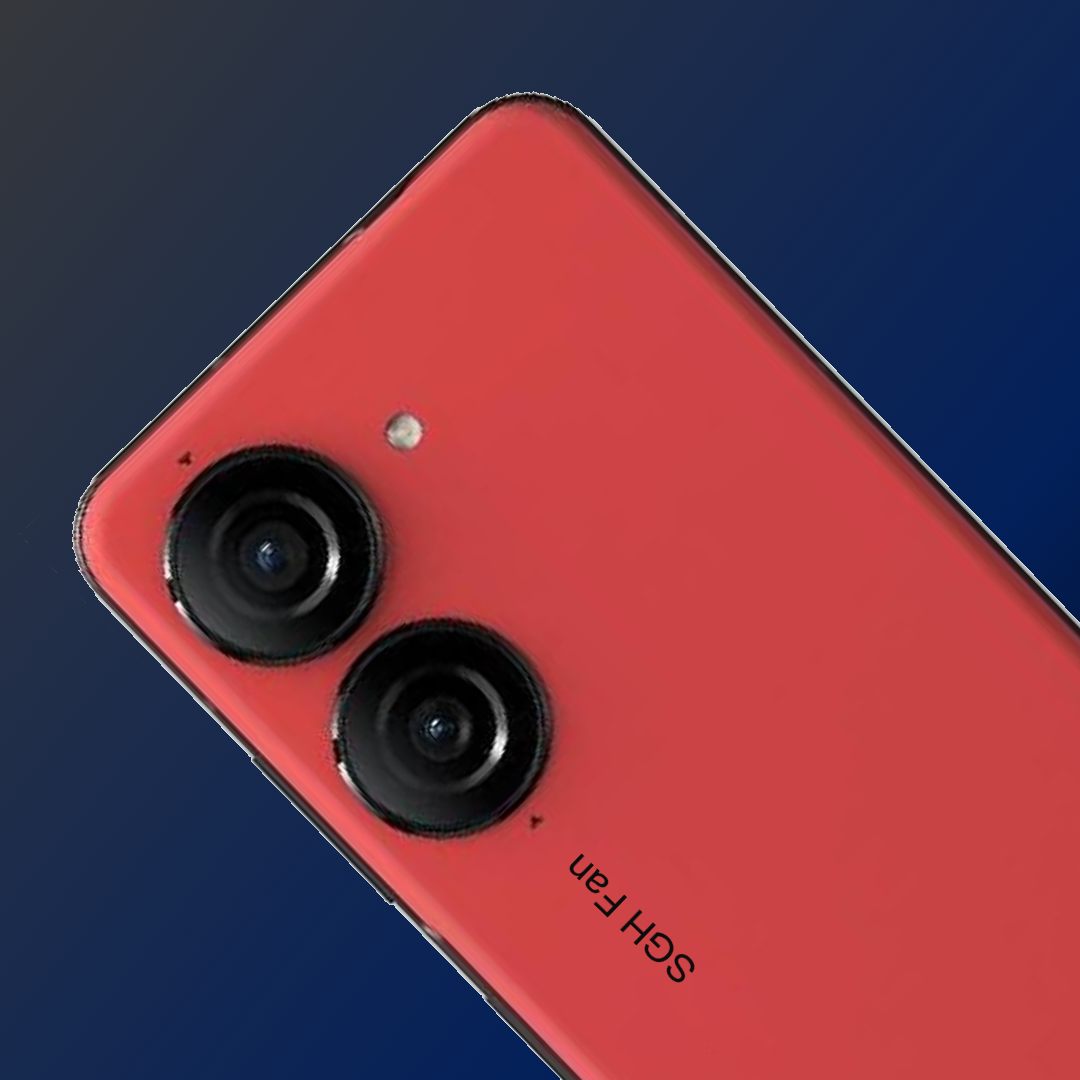- cross-posted to:
- linuxfurs@pawb.social
- cross-posted to:
- linuxfurs@pawb.social

Kinda weird that they’re calling it an OS, but ig they’re just trying to cater to the windows audience

What’s the desktop on macOS called again? I’m sorry, I mean BusyBox/XNU.

…Quartz? I think?
Correction: It’s called Aqua, Quartz is the 2d renderer and compositor.

Windows 11 takes your money, gives you ads, sells your information and ignores your bug reports and feature requests
KDE is free, ad-free and open to contribution
I think we have a clear winner here

But can it run proprietary software used in the industry? From Excel to Photoshop, if you are in a collaborative professional environment, you can’t run away from those, and don’t tell me you can use the alternatives in Linux, because no, you can’t. This is not linux fault, but it’s still an issue you can’t handwave.
I love linux, but you can’t expect people to adopt it just because it’s objectively better than windows.

You just gotta make an effort. The one who are too lazy will never be free of Microsoft’s clutches. Which probably just means pretty much everyone will stick to windows.

That’s my point, I use linux as much as I can, but if 80% of your colleagues use Windows… You don’t have much choice.

List of things to consider
- There are alternatives
- You can use wine
- You can run a windows VM and install it there
- Dual boot windows
- Microsoft has built a proprietary moat around their operating system. The reason why it’s hard to switch from Windows is by corporate design. A mix of early adoption, network effects, and just plain cold hard cash makes them dominate the operating system market. Of course it’s infeasible for your 60yo coworker to switch; but KDE presents an alternate reality, an opportunity, for people fed up with big tech’s bullshit. Yes, figure out how to run and use alternatives you fucking nut. Way to go disparaging countless volunteer hours spent on open source projects so that people like me can switch to linux.
Comments like these make me irrationally angry. Why complain about open source software and give bad PR? It’s open source; contribute.

Read my other replies. 1 and 2 don’t really work, the performance of using wine, or the alternatives, is just not there, if you do amateur work, maybe that’s fine, but for professional collaborative work, good luck using freecad instead of autocad.
Personally, I use 3 and 4, but you have to understand that the regular user is not going to go through that much hassle to set up a virtual machine.

@desconectado @glibg10b Wine exists… And that’s all I have to say. There is a good installer in lutris for creative cloud that works pretty good if you own it. And if you have a NVIDIA graphics card, it works even better, almost like on windows. It’s not 1:1 but we’re getting close. For excel you have wine again or a great free alternative is WPS or softmaker if you want to buy it.

I wish Wine worked well enough to use Excel. We are not talking about adding up numbers in a cell. Once you include macros, or a reference manager in Word, Wine is not good enough. The same can be said about propietary software, like autocad, or software used to control equipment. Also, good luck convincing a regular user to get familiar with wine.
WPS is great for simple files. Again, not good enough for complex files, especially if it is a corporate collaboration environment. I have lost count on the amount of ppt files that didn’t display well when it used WPS.
Every other year I try all the alternatives you mention, hoping they got better, and I always come back to use a dual boot or a virtual machine, which is not a thing your regular user wants to do.

There are enough web based office instances running for Linux to be functional in that regard.
Photoshop on the other hand…

Photopea is a solid replacement.

I love linux, but you can’t expect people to adopt it just because it’s objectively better than windows.
Excel o,O

Meh I had a dual boot machine ages ago. Still here collecting dust. Basically I only switched to use the Linux for down time, movies, and study, most day to day tasks from engineering software to anything I considered important enough that you do not want the results hacked or broken I would use Windows.
I think of modern machines kind of like a hammer. These days almost nobody actually remembers the guy who made the first hammer, or who discovered fire, but there’s a price tag for the bow, the paper and the hammer, not so much the making of the hammer, because the actual skill involved or required to learn about it has become challenged if not cheapened to the degree that there are now multiple paths to obtain or create a hammer, yet the benchmark quality of the hammer as well as the process for creation itself as a whole is now more of an authority than the actual original statue or monolith of “hammer man” himself.
This is why I think the many flavours of Ubuntu including the many esoteric Linux distros are still interesting but still lack the diversity of use and specialization. The fact that whole blockchains are built for XYZ while sitting around pumped then dumped to trading at cents with no use goes to show how cloud computing systems and lower level computing is still very disconnected and becoming further thrown aside to uphold ponzi schemes.
I’ll give you an example, more money is wasted on onlyfans per year than for people trying to use system XYZ for solving problem A, or curing cancer. Consider that to be one of the “good” reasons many men and women are so misogynistic, even without looking down on sex workers.

Not to mention free as in freedom.

Also free as in beer.

And anytime you mention that anywhere when somebody is being fucked again by windows, people find you annoying

But can it play Starfield with an Nvidia GPU? I originally had popos on my PC until Starfield came out, I had to switch to Windows to play.

I mean Starfield was just terrible optimized for Nvidia at launch and still isn’t ideal no matter what OS you use.

I play it on max settings with no problems on windows

Linux is the modern OS and windows is just a bunch of old shitty technology in a trench suit.

This is kinda how I feel about Windows these days. It’s interface, directory structure, shudder the registry, user specific apps (from MS Store or Winget), buttons being inserted into the menu bars on some apps, but not others, button sizes being different sizes, some parts still using the Metro interface. The whole thing either needs a re-write, or should be dropped and something new to replace it. Don’t even get me started on things like the eventvwr hanging for 20 seconds after it opens, event tracer API, their in-house abandonment of powershell modules once powershell was open sourced, Windows containers being a disaster, etc.

So basically ever since I first tried Windows 7 I held it as the “Gold standard” for desktop OS’s. Half my tweaks to Windows 10 were trying to get it as close to Win7 as I possibly could.
When I finally start experimenting with Linux early this year KDE quickly got me to reconsider my “Gold standard” and finally switch my main machine fully to Linux.
No regrets and certainly ain’t switching back even if Microsoft gave me updated Windows 7 with every extra feature I wanted back then.

I’ve been a Linux user for a decade and a half now, but still use Windows on my corporate laptops. Honestly, it’s baffling how Microsoft seem to consistently manage to miss the mark with the UI design. There’s lots to be said about the underlying internals of Windows vs Linux, performance, kernel design etc., but even at the shallow, end user, “is this thing pleasant to use” stakes, they just never manage to get it right.
Windows 7 was…fine. It was largely inoffensive from a shell point of view, although things about how config and settings were handled were still pretty screwy. But Windows 8 was an absolutely insane approach to UI design, Windows 10 spent an awful lot of energy just trying to de-awful it without throwing the whole thing out, and Windows 11 is missing basic UI features that even Windows 7 had.
When you look at their main commercial competition (Mac and Chromebook) or the big names in Linux (GNOME, KDE, plenty of others besides), they stand out as a company that simply can’t get it right, despite having more resources to throw at it than the rest of them put together.

To me it’s absurd how Microsoft gets beaten by a free desktop environment when windows is like their main product. They have billions of dollars. How do they manage to not do better?

Because they dont have to.

windows is like their main product
TBF it isn’t really - only about 12% of their revenue. It’s more of a means to lock people into their other products.

Well, that’s the thing, it’s the core part of their entire business. The glue that sticks everything together. Or at least used to be until Azure.

What drives me crazy is how they can’t update all their configuration interface to the same standard, if you go deep enough you still fine things that are unchanged since Windows 98

Needs more system settings, there’s only three.

Almost all my desktop gets used for anymore is gaming. The windows only anti cheat shit leaves me not messing with splitting what I boot up for.

I hate to say this, because I know how cringe it is, but… Windows 7 actually removed a lot of features that made Windows fun. And yeah, I’m talking about ricing and I’m unironically saying ricing is valid.
The mid 2000s was an awesome time to be in the ricing community - between litestep, blackbox, foobar2k, rainlendar/rainmeter etc, you could actually make your experience look however you wanted.
And, litestep in particular, for me, was a gateway drug to openbox and therefore Linux - when you finally hit The Windows Wall, where, to go any further, you had to step into Linux, Ubuntu was there, and then Mint, and then…idr what.
I still have my 2007 Ubuntu installation cd that they mailed to me for free. Sure, you could just make your own installation cd rom, but, if you couldn’t, they would happily mail you one - or, as in my case, you felt motivated to evangelize, they’d send you a bunch that you could give out to people. I gave mine to friends and left some others at the local anarchist bookstore (I don’t remember the name of it but this was Washington DC just north of Chinatown).
Windows 7 was a big step backwards. You could still do a lot of ricing, but less - and it was very clear from the direction that Windows 7 went, that whatever came next would be worse.

Oh shit, I remember LiteStep and spending hours and hours to just fiddle with how my desktop looked. I personally felt Windows 2000 was the pinnacle of MS OSs (except so many games etc. wouldn’t run because rightly the OS reported it was Windows NT and a lot of games shat themselves at that)
What is “ricing”? Sounds like you might be talking about theming?

Yeah, ricing is slang for the r/unixporn kind of themeing. It comes from car culture, where RICE stands for “race-inspired cosmetic enhancement”

Fwiw rice is a backronym, it originally comes from just “rice burners” which were the kind of cars & motorcycles that got “cosmetically enhanced”
it originally comes from just “rice burners”
The term is often defined as offensive or racist stereotyping.
Yikes, I think I’ll just stick to “themeing”

Ricing is usually used for extreme, often gaudy theming and personalization, with emphasis on looks rather than real usability

Idk if I would say it’s looks > usability, and it’s certainly not gaudy… There are theming styles that are much more unusable and gaudy than the “riced” look.
It’s an aesthetic that idealizes a kind of barebones utility, and while it often will lean towards the look over the usability, the look itself is like a “beautiful utilitarian” - minimalistic, uncluttered, etc.

Plasma is not a system, but I see how they didnt want to confuse people here

It is a desktop environment system.

But no operating system



In the newest windows, it is even possible to hover the volume icon and change it with the mouse wheel!!!

Does clicking on it open the mixer, or still the useless menu which should be accessible with a right click instead?

KDE had that pretty much since the invention of the mouse wheel.

I have the same functionality on my waybar

Still not going back to Windows!
LOL!

Wait, they didn’t have that before? Heck, even my sway install with Waybar has this.
KDE is the best desktop environment.

Yeah like they (the Windows sheeple) celebrated a CLI package manager as if it was their best invention since sliced bread. Every Linux user was like yaaawwwn… “finally”

Who in the world celebrated that?
Like, I get the self-reinforcing bubble that Linux communities exist in and all, but… nobody did that.
The vast majority of Windows users are random people that never touch anything beyond the Start menu in their entire computing lives. What segment of the Windows userbase is out there celebrating any features, let alone command line anything? This is not a thing. At least not in numbers large enough to matter.
Sorry, I try not to get involved in these arguments. Frankly, grown adults taking sides on operating systems of all things like it’s Sega vs Nintendo in a 90s playground seems very strange but I don’t begrudge people finding communities wherever. It’s just… you know, come on.

As someone who needs to do initial installs on computers with 10-20, I celebrated. It is much easier to type names of the programs and the manager do anything instead of manually downloading installers. But turned out WinGet is really badly done.
As for preferences, for some this is actually Nintendo vs Sega unfortunetly. But don’t underestimate moral decitions too.

People who do not use the dominant system/program/etc. often feel the need to tear down everyone else in order to validate their decision instead of just letting the results and their daily happiness with the decision speak for itself.

This is me, just getting shit done. If you are constantly thinking about what OS you’re using, you’re doing it wrong.

Because I am too lazy to make an actual thread on mastodon I’m going to corner you and ask you a quick question if you don’t mind! Feel free to ignore haha.
I’ve recently dipped my toes in Linux and it’s been really fun learning about all of it, but I still haven’t really settled on an OS. Rather than trying to reinvent the wheel or trying to predict everything, I decided to use what I have right in front of me: my steamdeck! I figured playing around on SteamOS in desktop mode is a great way to acclimate myself to Linux a little bit and figure out what I really like and such.
What are some essential programs and QOL things you would recommend? I am interested in trying to host my Plex server off of it, maybe even fiddle around with video editing since that’s what I do professionally (resolve runs on Linux so not worried there), maybe some audio tools. I just want to kind of see what it would look like as a daily driver, though I am very aware that Steam OS has limitations as one.
I’m coming from Mac and I am pretty comfortable doing terminal commands, troubleshooting tech issues, and I’m pretty privacy concerned. Hence why I’m trying to migrate a little bit away for macOS potentially haha. Any and all suggestions are welcome! Even just good website or resources for learning more would be very welcome.

You don’t even need to quality it. Some people just feel the need to tear down others to make themselves feel good. It’s low self-esteem, misplaced onto whatever happens to be near them.
I think we’re all vulnerable to it, too. Part of being a good neighbor is checking yourself to see if you’re being a dick about your preferences, and just letting people enjoy what they enjoy (unless that thing is harming others; you know, common sense).

Oh yeah, let me be clear: I’m sure I engage in it myself. I like to think though that I’ve mostly gotten away from it, as I did plenty of that snobbery when I was younger with music and by the time I got to college realized that was just a really tool-ish way of acting that kept people away from what I thought was awesome art

Sysadmins very commonly make a lot of use out of automating things with Powershell and various utilities that work with it.
Given that a pretty decent sized portion (I’d assume at least, no numbers to back that up sadly) of the Linux user base tends to be “cut from the same cloth” in terms of having the passion to automate (and heavily customize) their system - I would think this is why you see this sentiment repeated often.

sheeple
c’mon man

Meh let him lord over people, better to let the mask fall off
Do you known kde has discover to install and update applications with a gui right?

Looking to pick sides I see. Very funny

not a kde user but huge respect to them

Fully based

It’s not my primary driver, but I would gladly choose KDE over Windows.

I came back to KDE after a long absence because I never liked it back in the day (I found it ugly and bloated). I was really surprised by how good it has become. It’s now my favourite desktop environment on Linux, and I’m looking forward to version 6. So to any other oldies still avoiding KDE because of how it used to be, it’s worth another look.

I second your experience. It was not so impressive back then and 2indo2s was much nicer, but not anymore. I’m feeling it, this year Linux will be on top!
Edit: I tried to write Windows 🤷♂️

Third. KDE is really amazing now.

What’s plasma ? Is it a browser? Sorry, I dont understand computers

KDE Plasma is an desktop environment.
The kind of thing you interact outside of installed app/programs. Like the panels, window decorations (titles, close buttom, maximalize button), the way windows float and behave, system settings, etc.
Unix systems (like Linux) are very modular and you can install different desktop environments if you want. And even within those desktops are modules, like you can install different “start menu” or file manager on KDE Plasma.

And you can’t get de-crufted Win11 outside Europe! Another win for Plasma!

Because I need Windows to run old C&C games. Get Generals world builder working on Linux and I’ll delete my dual boot


